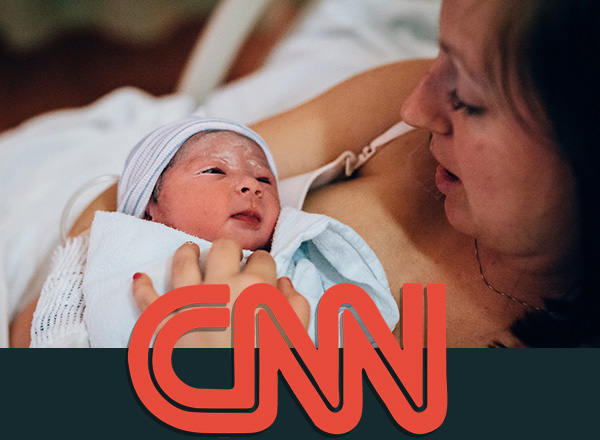Pregnancy in the Summer

Summer is a difficult time for pregnancy.
Pregnant women feel hotter, and the heat combined with humidity can make for an unpleasant experience.
In the first trimester, the progesterone hormone causes body temperature to increase. Mood swings also occur as pregnant women try to deal with the natural discomfort of pregnancy while tolerating the heat in this unforgiving season.
In many countries of the northern hemisphere, more babies are born in July, August, and September than any other time of year, with August being at the top of the list. With summer heatwaves becoming all the more common, pregnant women need to find ways to manage the extreme heat.
How pregnancy in the summer is making it harder for women
The heat conditions of the summer can pose a serious threat to pregnant women. Many women do not even consider the high temperatures of the summer as a threat to their unborn children. The hot and humid temperatures can cause pregnant women to suffer from heat exhaustion, dehydration, and the overall stress of being in such high temperatures.
10 Tips for having the best summer ever while pregnant
When you're pregnant, you should be extra careful to avoid getting overheated and dehydrated. But the good news is that there are lots of things you can do in the summer heat!
- Drinking lots of water is a great way to stay hydrated and healthy. We recommend drinking at least eight glasses a day!
- Even if you don't feel thirsty, drink plenty of water, low-sugar electrolyte fluids, and natural juices to replenish electrolytes lost due to sweating.
- Did you know that if your clothes are too tight, you might start to feel uncomfortable? To avoid sweating excessively, wear loose-fitting, lightweight and light-colored clothes that cover as much skin as possible.
- Stay inside in a cool and well-ventilated home or workplace. Keep air-conditioning on, or open windows and run fans all day long.
- For those who are working outdoors, taking frequent breaks might help reduce body temperature and stress levels.
- Avoid the harsh midday sun during your pregnancy. Go out early in the morning or late in the evening, when the temperature is significantly lower.
- Buy a spray bottle, spritz yourself with water and allow for evaporation to cool down your body temperature.
- Swimming is a terrific way to exercise and keep your body cool.
- Be sure to put on sunscreen with SPF 30 or higher, wear a wide-brimmed hat to protect your head and face, and sunglasses.
- Eat healthy and small meals more often, avoid food and drinks loaded with calories or rich in trans fats and foods that are high in protein because they increase metabolic heat.
Can summer heat affect pregnancy?
If a pregnant woman’s body temperature goes beyond 102°F (38.9°C) for more than 10 minutes, she faces a higher risk of heat exhaustion, heatstroke, and dehydration.
The lack of fluids can lead to Braxton-Hicks contractions (false labor pains) later into pregnancy, usually not felt until the second or third trimester of the pregnancy.
Exposure to extreme heat increases the risk of premature birth, low birth weight, stillbirths, and congenital heart defects in children born at full term, as well as higher risks of congenital disabilities.
Keep in mind, staying cool isn't just about comfort; it's also important for ensuring that these complications don't happen!
So remember to call your doctor if you have any of these alarming pregnancy signs:
- Regular contractions or cramps
- Vaginal bleeding, leaking fluid from the vagina
- Swelling or puffiness of the face and hands
- Headaches and blurred vision
- Lack of fetal movement
- Pain during urination, pelvic or abdominal pain, low and dull backache

